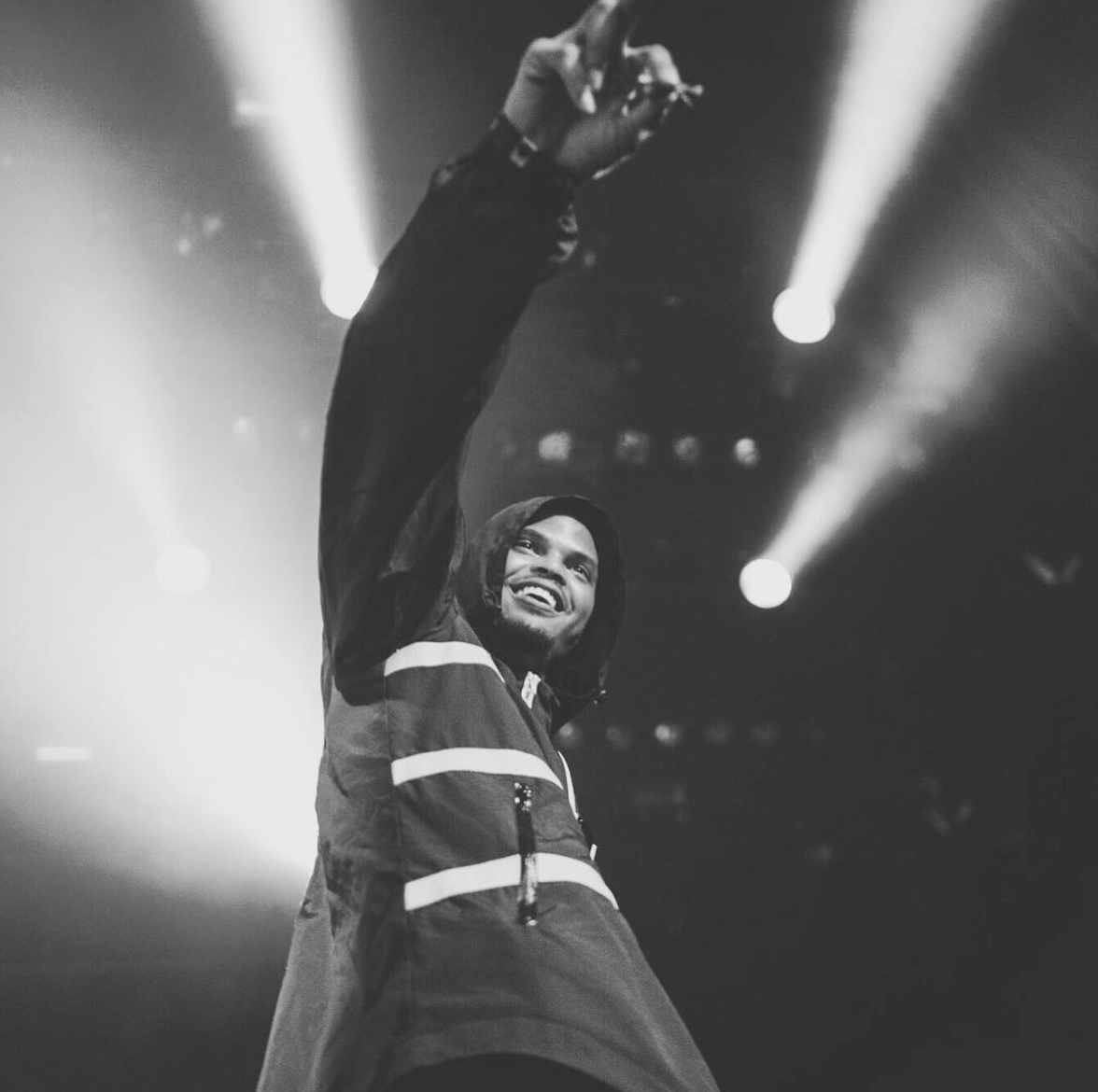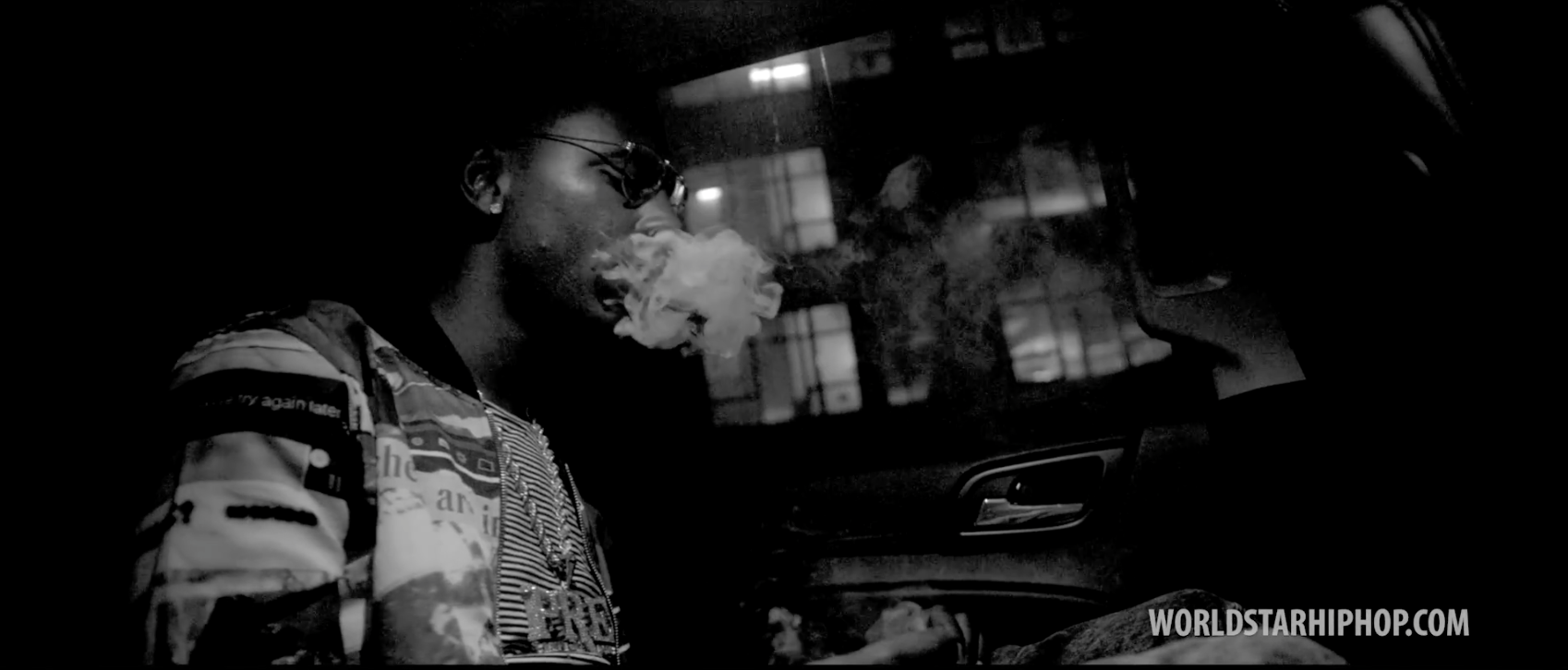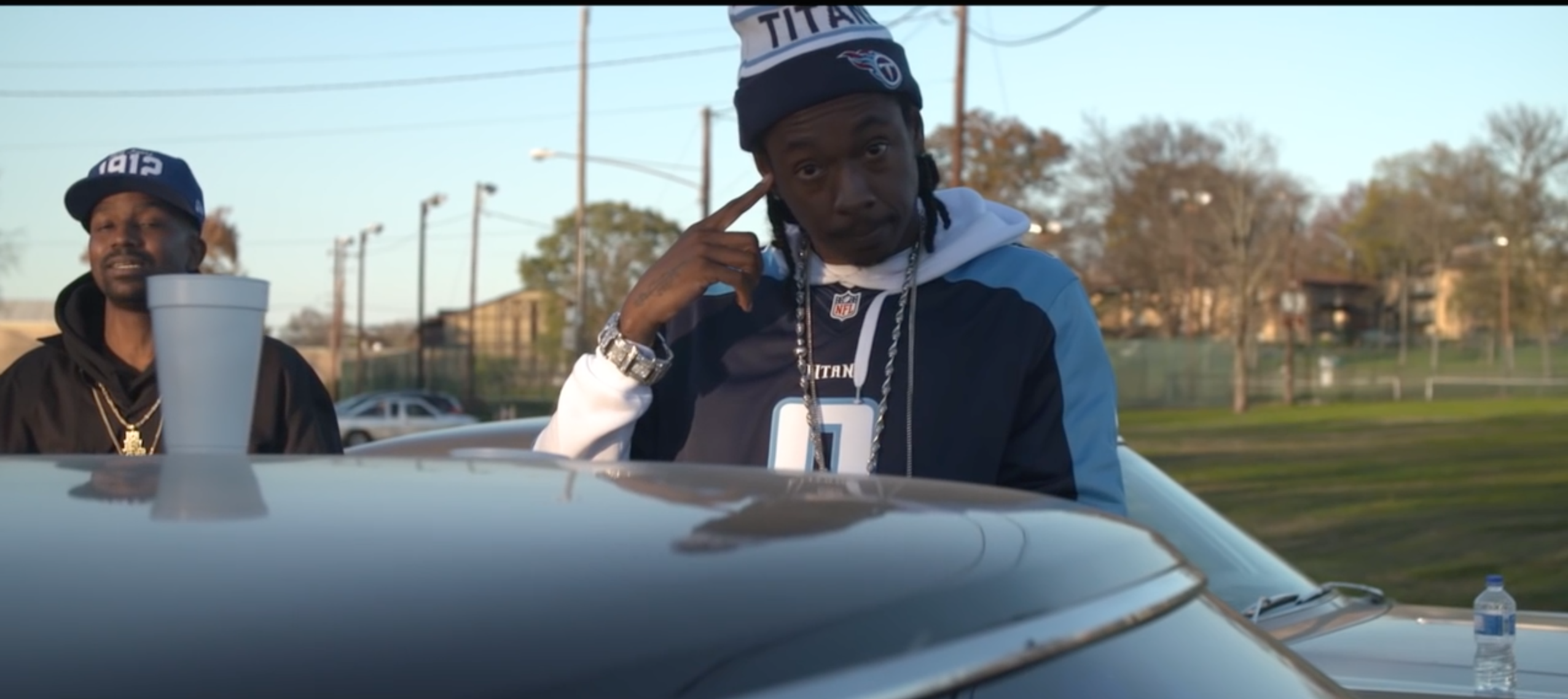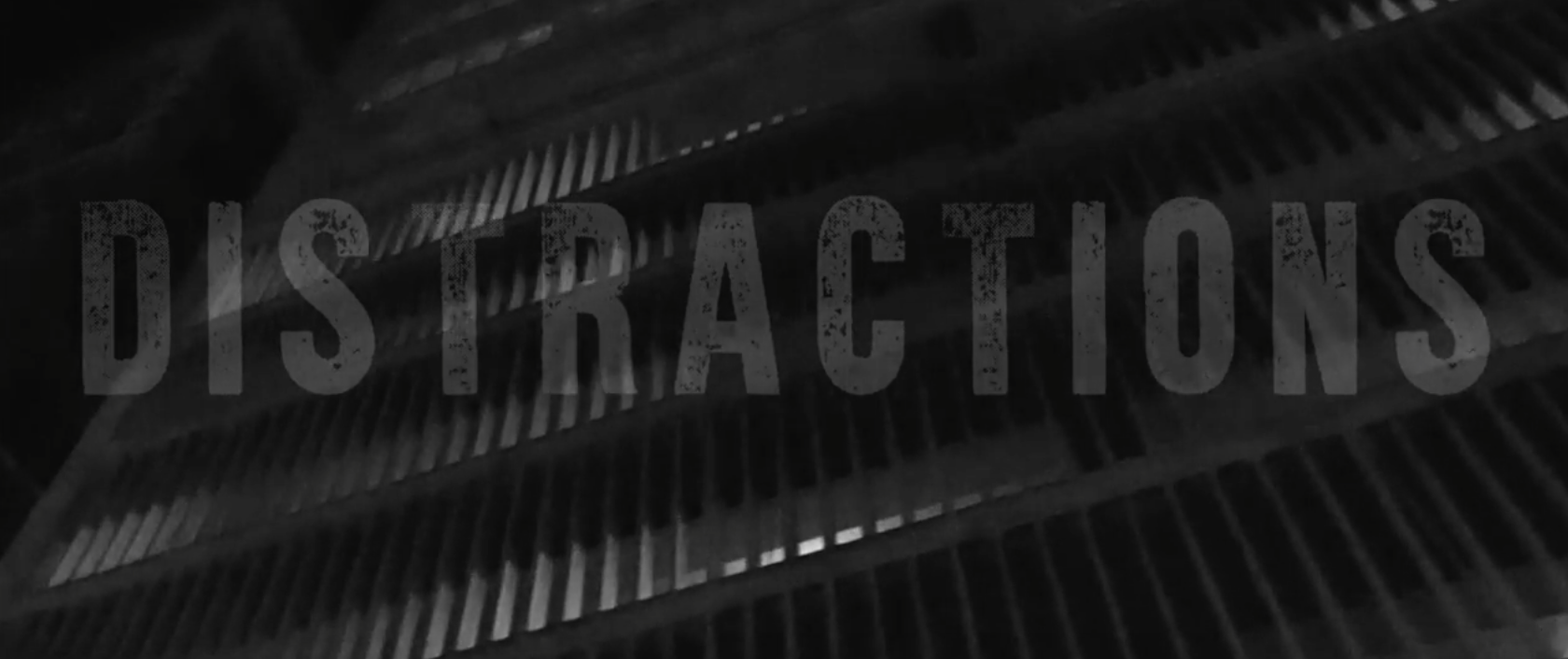When it comes to duos that have made indelible contributions to hip-hop, Outkast, UGK, and 8Ball & MJG all deserve acknowledgment. The impact and influence these Southern-bred groups have had on the rap game are second to none. But groups like those don’t come around too often.
Starlito and Don Trip, two revered wordsmiths from the Volunteer State, are aiming to be the lyrical tag team that picks up where their Southern predecessors left off. Though solo artists at heart, since 2011 they have been pushing out content collectively through their Step Brothers series — an homage to the 2008 comedy starring Will Ferrell and John C. Reilly.
Driven by the overwhelming reception they received from the first two installments of Step Brothers, Starlito and Don Trip are releasing Step Brothers Three on March 15th. According to the pair, their new album will showcase a stronger musical chemistry and closer bond between them.
“I wouldn’t say it’s effortless, but it’s organic,” Trip says, regarding his musical connection with Starlito. “We weren’t put together by somebody else. It started from us both being so in love with the music and respecting each other’s craft. When we first did Step Brothers, we were more like stepbrothers. Now, we’re more like brothers. I think when you hear [Step Brothers Three], you get to see that. You get to feel the growth.”
Products of two cities heralded for their musical heritage, Nashville (Starlito) and Memphis (Don Trip), the duo has amassed a cult-like following from their individual and duo efforts. To a certain extent, their careers mirror each other. They both experienced moderate commercial acclaim and held spots on major label rosters, and, ultimately, they both traded in the industry’s glitz and glam for independence. Starlito got his first taste of musical recognition with 2005’s “Grey Goose,” which led to his catching the attention of Yo Gotti, who signed Starlito to his now-defunct Inevitable Entertainment. A production deal with Cash Money Records and Universal Motown followed. But things didn’t go the way Starlito planned: His major label debut never dropped, causing him to create his Grind Hard imprint and release projects independently.
Trip’s initial flirtation with stardom came from his 2011 release “Letter to My Son,” a heartfelt outcry over a tumultuous battle to see his child. The song helped land him a deal with Interscope Records and a slot among XXL’s 2012 Freshman Class. But like his partner in rhyme, Trip’s major label debut was shelved, motivating him to part ways and resume his musical chokehold underground.
Both are remarkable lyricists, and one could wonder if there is a sense of friendly competition when Starlito and Don Trip step in the booth. Let them tell it.
“It’s less competitive and more complementary,” Starlito says. “I know that Don Trip is going to deliver a superb verse every time, so deep down, I know that I can’t bullshit.”
Starlito and Trip tend to infuse a lot of wit and humor in their music. But it’s not to the point that it overshadows their rhymes about pain, struggle, misfortune, and social injustice.
The track “Dead President” off their February mixtape Karate in the Garage is a fitting example. The duo share their perspectives on politics and the government. Starlito, in particular, lyrically chastises the nation’s 45th president:
Last night, I had a dream that the president died/
Woke up, he was still alive, I felt like crying/
Changed the channel and seen something bout a travel ban/
What the fuck? Man, every Muslim ain’t the Taliban
Starlito and Don Trip are aware that artists of their caliber fusing to create an archive of music is rare. With that in mind, they’re determined to push the bar with each release. The duo is already recording tracks for Step Brothers Four, as well as hitting stages throughout the South and Midwest via their Karate in the Garage Tour. The grind doesn’t stop.
“When it’s all said and done, I want to be in that Mount Rushmore of two-man groups,” Starlito says. “Hopefully, the reception of Step Brothers Three will push us in that direction.”








